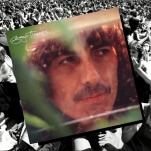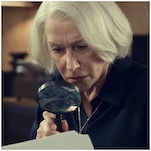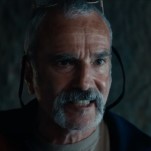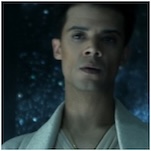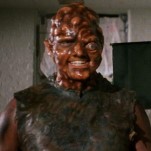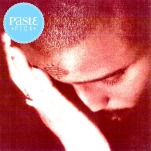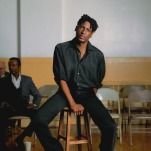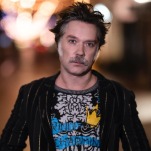Mourning Garry Shandling, Comedy Legend
Photos by Getty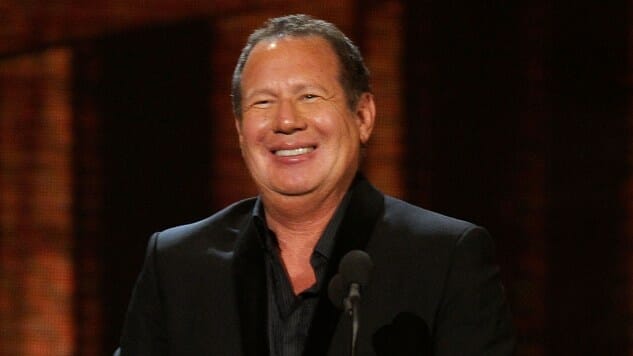
For someone with few professional credits to his name, Garry Shandling’s impact on the world of comedy has been vast. And his sudden passing on Thursday at the far-too-young age of 66 will likely have an equal impact as his fellow comics and actors rush to praise his work and a new generation is introduced to his droll, self-deprecating stand up and the two peerless TV series that he created and starred in—Showtime’s It’s Garry Shandling’s Show and the still-brilliant The Larry Sanders Show for HBO.
What will we see as a result of us looking back in the wake of Shandling’s untimely death? By and large, it will be an unblinking glimpse into the mind of someone who spent his entire life and career wrestling with his ego. He understood the instinctual need that we have to seek the approval of others. Shandling went about feeding it every time he took the stage at The Comedy Store, the famed club in L.A. where he got his start in the late ‘70s, or at any of the other stages that allowed him to tread their boards. But he often used that time deflating his self-image by exposing his fumbling attempts at sex and dating and his seeming inability to fit in with the world, all for laughs.
You felt for him and fell for him because he looked so natural and so uncomfortable up there. Just look at his first TV appearance on The Tonight Show. While you couldn’t remove that joyful grin from his face, behind his eyes was this look that said, “I gotta get out of here.” That spirit made him perfect to fill in for Johnny Carson when the regular host took ill or was on vacation. He was a natural at rolling with the punches of a rehearsed interview, but drew out plenty of fantastic unscripted moments as the guests did their best to comfort him or fall under the sway of his unusual charm.
That same yin yang/push pull of the desire to strip away one’s ego while simultaneously engorging it with laughs and applause is what drove not only his creative pursuits but his spiritual yearnings as well. Shandling meditated regularly and, as writer Amy Wallace put it in her brilliant 2010 profile on him for GQ, “while he stops short of calling himself a Buddhist, he is a serious student of dharma.” He was a living embodiment of the Biblical quote that the “spirit is willing but the flesh is weak,” a notion that he magically found a way to work into his comedy routine:
-

-

-

-

-

-

-

-

-

-

-

-

-

-

-

-

-

-

-

-

-

-

-

-

-

-

-

-

-

-

-

-

-

-

-

-

-

-

-

-

